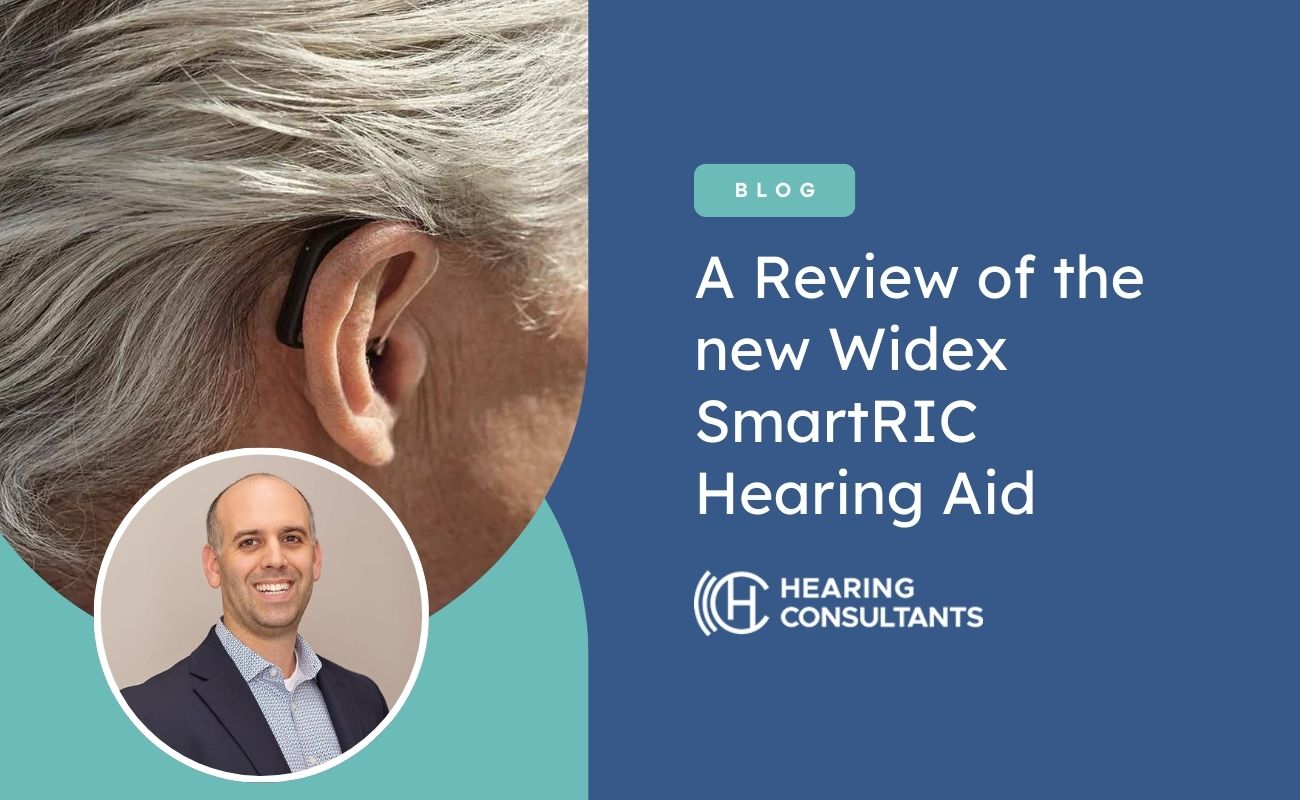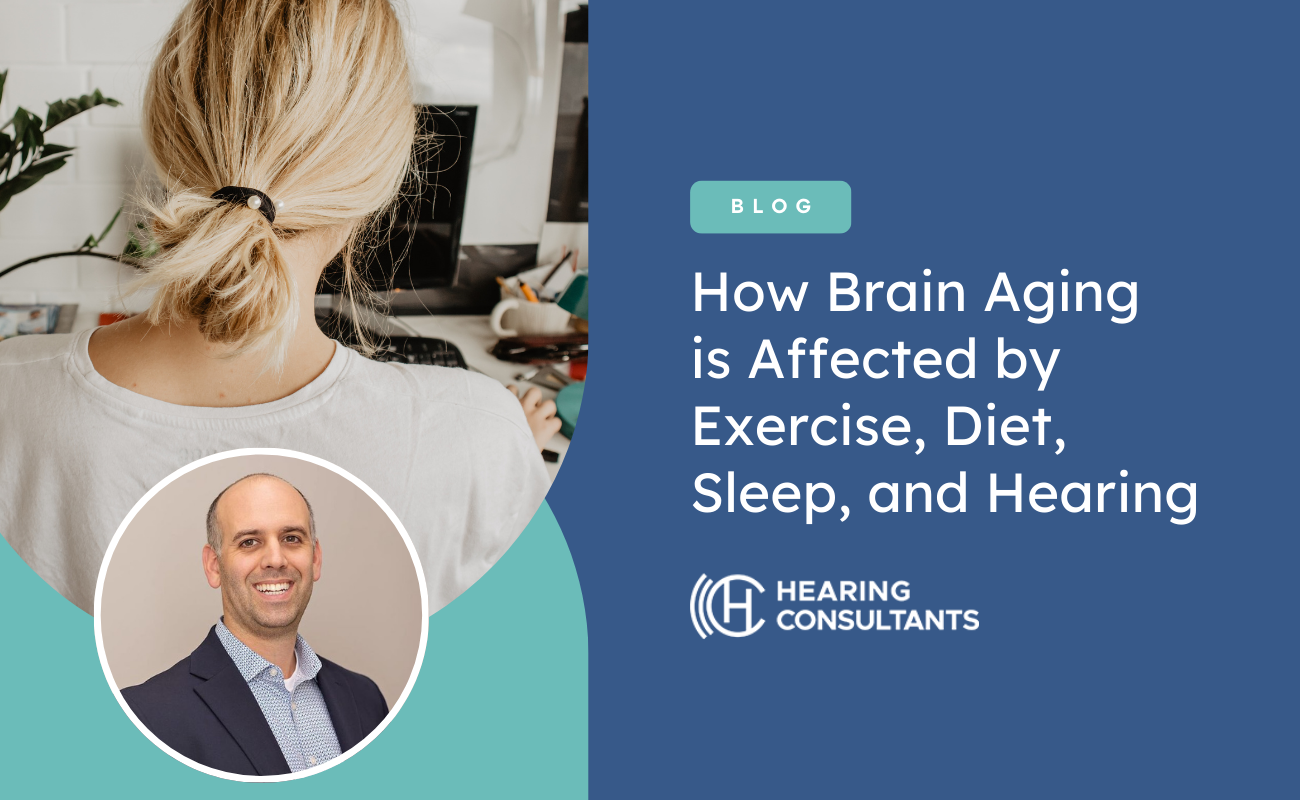All about Sudden Hearing Loss

It’s easy to take our hearing for granted if it’s always worked fine. You can hear the people and sounds around you clearly and can walk around the world confidently, knowing you are ready for whatever comes your way. For those with hearing loss, this can change over time. It becomes hard to hear the people in your life and ultimately you are less aware of your environment, often choosing to stay home instead. Hearing loss usually takes years to develop, but in rare instances, hearing loss can happen all of the sudden.
Sudden Sensorineural Hearing Loss (SSNHL)
Sensorineural hearing loss occurs when tiny fragile hair cells in the inner ear, responsible for sending sound information to the brain, become damaged. These cells are rather fragile and can be caused by several factors including exposure to loud noise, impact on the head, exposure to certain chemicals, some chronic diseases such as diabetes or hypertension, and infection. Many of these causes contribute to hearing loss over decades; however, sudden sensorineural hearing loss (SSHL) is an unexplained, rapid loss of hearing either all at once or over a few days. SSHL often occurs when something suddenly occurs within the inner ear. This happens because there is a significant injury to the sensory organs of the inner ear. SSHL is a medical emergency: it should always be taken seriously and assessed by a doctor immediately, for better chances of a full recovery of hearing.
What Causes Sudden Hearing Loss?
It’s common for sudden hearing loss to appear without a warning sign and for no apparent reason most often in just one ear. Only 2% of patients have SSHL bilaterally (in both ears). It’s often confusing for doctors to find the cause as only 10 to 15 percent of the people diagnosed with SSHL has an identifiable cause. The most common causes are infectious diseases. Trauma, such as a head injury but often it seems like there is no rhyme or reason.
Know the Signs of SSHL
It’s common for many patients who experience this condition to be first misdiagnosed by doctors who don’t specialize in hearing -instead, misidentify it as impaction of earwax or infection. It’s important to know the signs so you can advocate for proper treatment. It’s most detectable first thing in the morning, commonly beginning with a “pop” in your ear before the loss occurs. Classified as a loss in hearing greater than 30 decibels over three frequencies, occurring in three days or less. SSHL often appears in tandem with other ear issues, with 70 percent experiencing tinnitus and 50 percent suffering from vertigo (dizziness).
Treating SSHL
Experts estimate that SSHL strikes one person per 5,000 every year, typically adults in their 40s and 50s making it a rather rare condition. However, if you experience sudden hearing loss, don’t try to ignore it. Make an appointment immediately to see a medical professional – ideally an Ear Nose and Throat doctor (ENT). An ENT, also known as an otolaryngologist, diagnose, manage, and treats disorders of your ears throat, head, and neck. It’s important to note that 85 percent of those who receive treatment from an ENT, will recover some of their hearing. Your specialist will attempt to fully understand the nature of your sudden loss of hearing, most often beginning by collecting your medical history, performing a physical exam, and testing your hearing threshold.
Recovering From SSHL
When you experience SSHL when you are younger there is more of a chance that you’ll experience a more complete restoration of your hearing. In some cases, commonly younger patients make a full recovery from this type of hearing loss. In 32 to 79 percent of cases of SSHL, patients often recover spontaneously, most commonly within the first two weeks. However, at any age, an SSHL can be permanent.
Hearing Aids and Cochlear Implants Can Help
If you are experiencing a hearing loss that is sudden or gradual, hearing aids can help. These tiny electrical devices are worn in or near the ear canal and amplify sound based on your hearing exam. In cases where your hearing loss is profound, you can also benefit from cochlear implants which send sound signals to a receiver, and a stimulator which is surgically implanted under the skin, behind the ear. To find out the best option for you, do not hesitate to contact us to schedule a hearing exam today.
Get in touch with
Hearing Consultants
Contact our clinic to schedule an appointment today!







